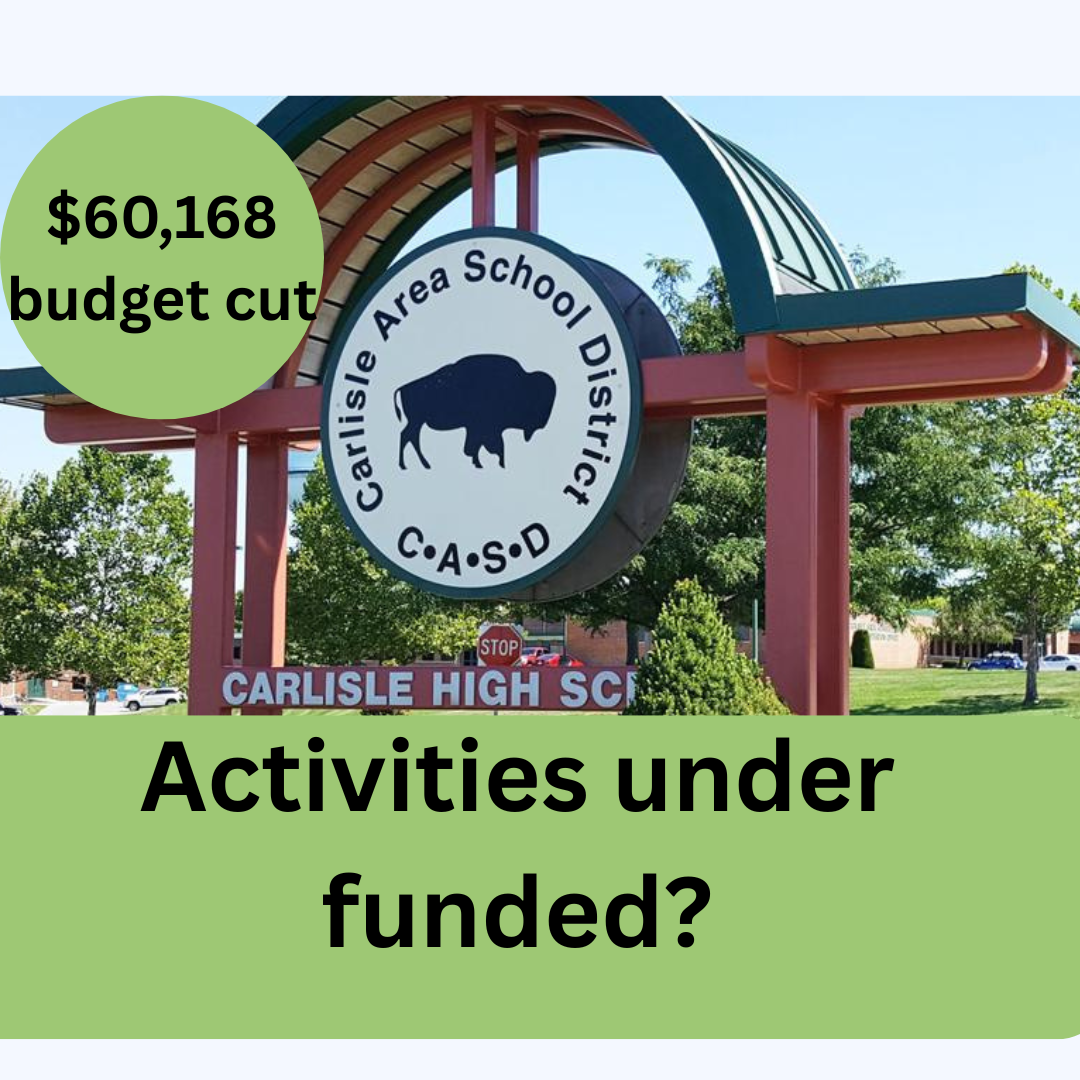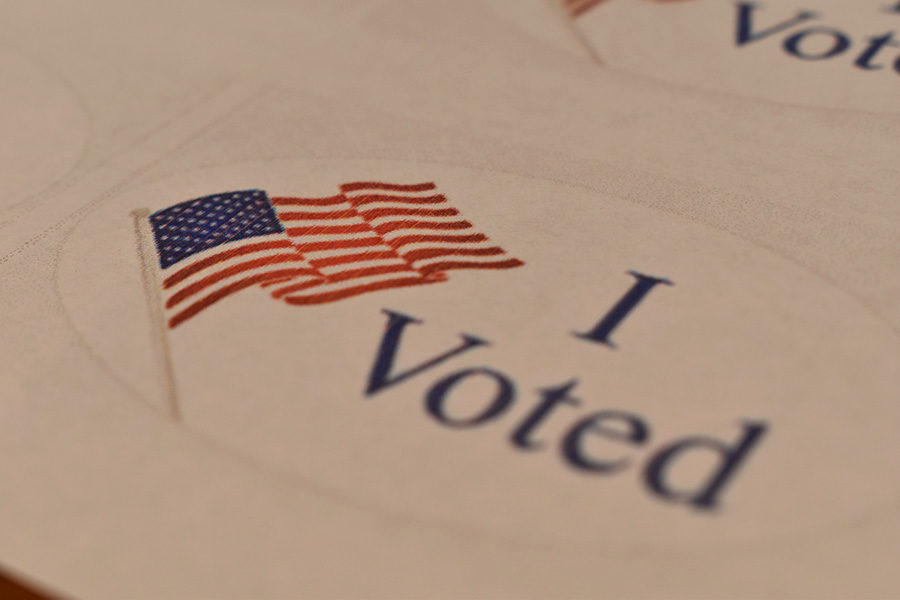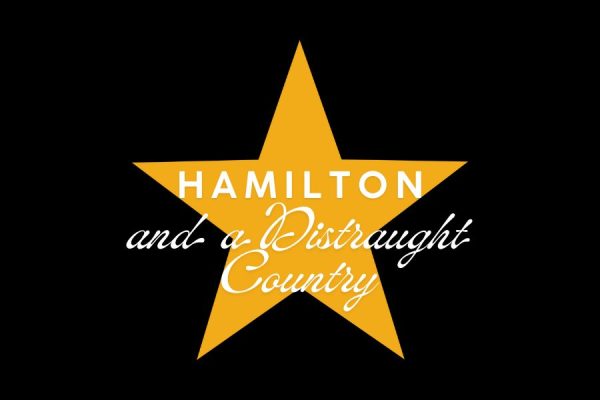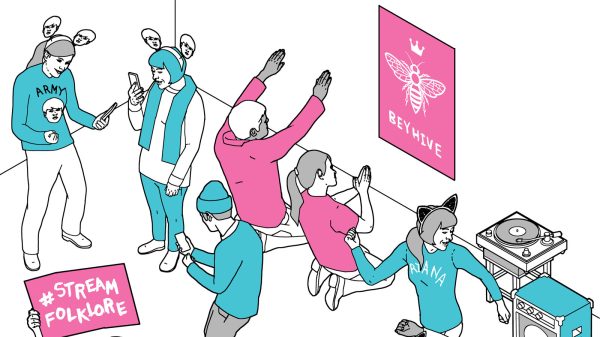Teen voting: Why it matters (Editorial)
Voting is a right given to those who are over 18 to help them stay involved with our government. Teens who have not reached this age by the election are not able to have a say despite all of their new responsibilities.
As a citizen of the United States, voting is very important to me. It can dictate our country’s future. But as a teenager, I don’t get a say in the matter. This is not right.
Soon I will be able to drive, get loans, and go to college. These are a lot of responsibilities, so shouldn’t I be able to have a voice regarding these topics?
Before I explain why this is such an important matter, try to put yourself in this scenario.
It is 2020. You are a 17-year-old living in the United States. You will turn 18 in January of 2021; in May, you will graduate and head off to college. Becoming an adult is on the horizon and taxes, independence, and responsibility will be placed on your shoulders. Your social life is beginning to change as your peers are moving on to the next chapter of their lives. Another major event for many US citizens is also approaching; the presidential election, a time that the leaders of America are elected. Yet people your age will have no say in the matter.
I know how that sounds; you are preparing to make one of the biggest jumps in your life. But you can’t help produce a change in your government. This means that your voice will not have its full effect until it’s possibly too late.
That doesn’t make much sense to me. Why not introduce teens to the idea while we are still young? This could bring about great change. But more importantly, what are the reasons this has not changed?
According to an article published in 2012 from the Department of the Methods in Social Studies, the main reasons are turnout and maturity.
The study found that critics of the voting age being reduced to 16 had concerns involving minors understanding the election process, the turnout of the election, and the quality of decision of the voters.
According to authors Markus Wagner, David Johann, and Sylvia Kritzinger, “Citizens under 18 may lack the motivation and ability to participate in elections… Their reasons for not voting are not based on a lack of political motivation and political ability… Their quality of vote choice is no lower than among older voter cohorts.”
This explains that while they may lack the motivation to participate in political events, it is not due to their understanding of the elections. It is more likely due to the non-political upbringing they had. It’s important to note that this study comes from Austria, and may not apply to every country.
While they do state that quality of vote choice is “no lower than among older voter cohorts,” the turnout was still absurdly low among those under 18. This is easily predicted; as a minor, I have never been taught to start getting involved with voting as soon as possible.
But what is causing this low turnout among minors? It states simply that, “In sum, citizens under 18 do not differ in terms of their democratic disaffection and their motivation to participate in politics from older age groups. However, they do have relatively little knowledge, indicating that they might be less able to participate.”
This scenario is not only found in Austria. Based on these graphs, a lower voting age did not majorly affect any elections. This can be seen by looking at countries like Brazil, Cuba, Austria, and Ecuador. These turnouts only increase due to the required voting and a growing population.
This brings up another problem: Why aren’t we teaching about the voting process in school? As a ninth grader, I can only recall one time where I learned some information about the voting process in school. That was in 8th grade in my history class. Besides that one unit, I have seen no push for voting in schools. That’s an issue: if it’s so important to vote, why aren’t we brought up on the fact that we should be active voters?
From every election I actively followed, it always seems like celebrities and politicians alike were pushing for people to get out and vote. So at the very least, we should be reminding and looking at elections actively in school. I’m sure that a simple change could lead to a big boom of younger demographics in voting.
But is a low turnout of minors really a reason to not allow us to vote?
I don’t think so, as the motto “every vote counts” often flies around at every election. Not only is that motto a very famous one, but there are also many times where one vote did matter. Like the Senate election of 1975, where a mere 2 vote margin could have decided the Democrats seat in the Senate.
How can this change benefit everyone? And how can we get it changed? Well, voting under 18 would allow a lot of teens to get in the habit of voting. I have tried many new things as a teen; some stick and some don’t. We shouldn’t let that mentality stop teens, as it may reinforce the idea of voting.
But more importantly than reinforcing voting, it allows us to get voices out and make a change. As we grow up and turn 18, it’s our first chance to vote. By the time we’re 18, it may just be too late to make a difference in our college life. This is why it’s very important to allow us, teens, to vote. We need to get a better grip on our transfer into being adults.
Voting is important, but as teens, we hardly get the chance to get our voice out there. This needs to change, as we should have a say in our future.
But what can we do? Call, protest and petition. There are many different websites to help teens get their voice out. Check out Vote16usa to find a campaign near you.
Disclaimer: Articles designated as “Editorial” represent the views and opinions of the author, not the 2018-2019 Periscope staff, CHS/CASD administration, or the CHS student body.
Want to help the Herd? Please consider supporting the Periscope program. Your donation will support the student journalists of CHS and allow us to purchase equipment, send students to workshops/camps, and cover our annual website hosting costs.

Ayb is currently a sophomore at Carlisle High School and this is his second year in Periscope as a Perspectives staff writer. Ayb loves to write his opinions...

































































































